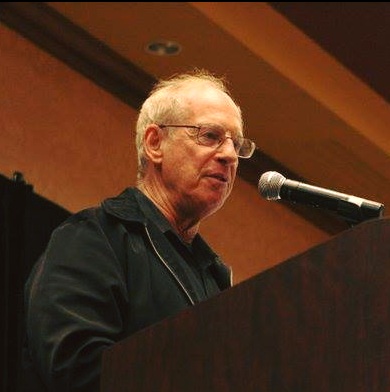
On May 4, 2019, L.A. Times columnist Steve Lopez authored a column titled In L.A. Unified elementary schools, library books could be off-limits to many students. Repeating a story that’s becoming all-too-familiar across the nation, he reports about threatened further cuts to library staffing in the L.A. Unified school district.
On May 7, 2019, reading and library advocate Stephen Krashen–professor emeritus at the University of Southern California’s Rossier School of Education–authored a reply to this column titled Unfunded libraries are an embarassment for LAUSD.

Quoting Krashen’s reply:
The “stinking battle” over library funding in the Los Angeles Unified School District might be resolved if we look at the research. Here is what it tells us:
Those who read more read better and have larger vocabularies. This is true of readers at all ages. Reading material that students select themselves is, in fact, the most powerful factor in improving reading and literacy.
Readers also have more knowledge of literature, social studies, science and even practical matters.
Students read more when they have more access to reading material.
Students living in poverty have little access to books.
Providing access to books increases reading achievement and offsets the effect of poverty.
Librarians and their staff are an important source of information about books. Studies confirm that the presence of a librarian contributes significantly to literacy development.
We cheerfully spend billions on unvalidated tests and technology, yet we ignore the impressive research supporting libraries and library staff.
Stephen Krashen
In Krashen’s own posted version of this reply, he cites many sources backing up his comments, including Debra Kachel’s and my March 2018 Phi Delta Kappan article titled Why school librarians matter: what years of research tell us.